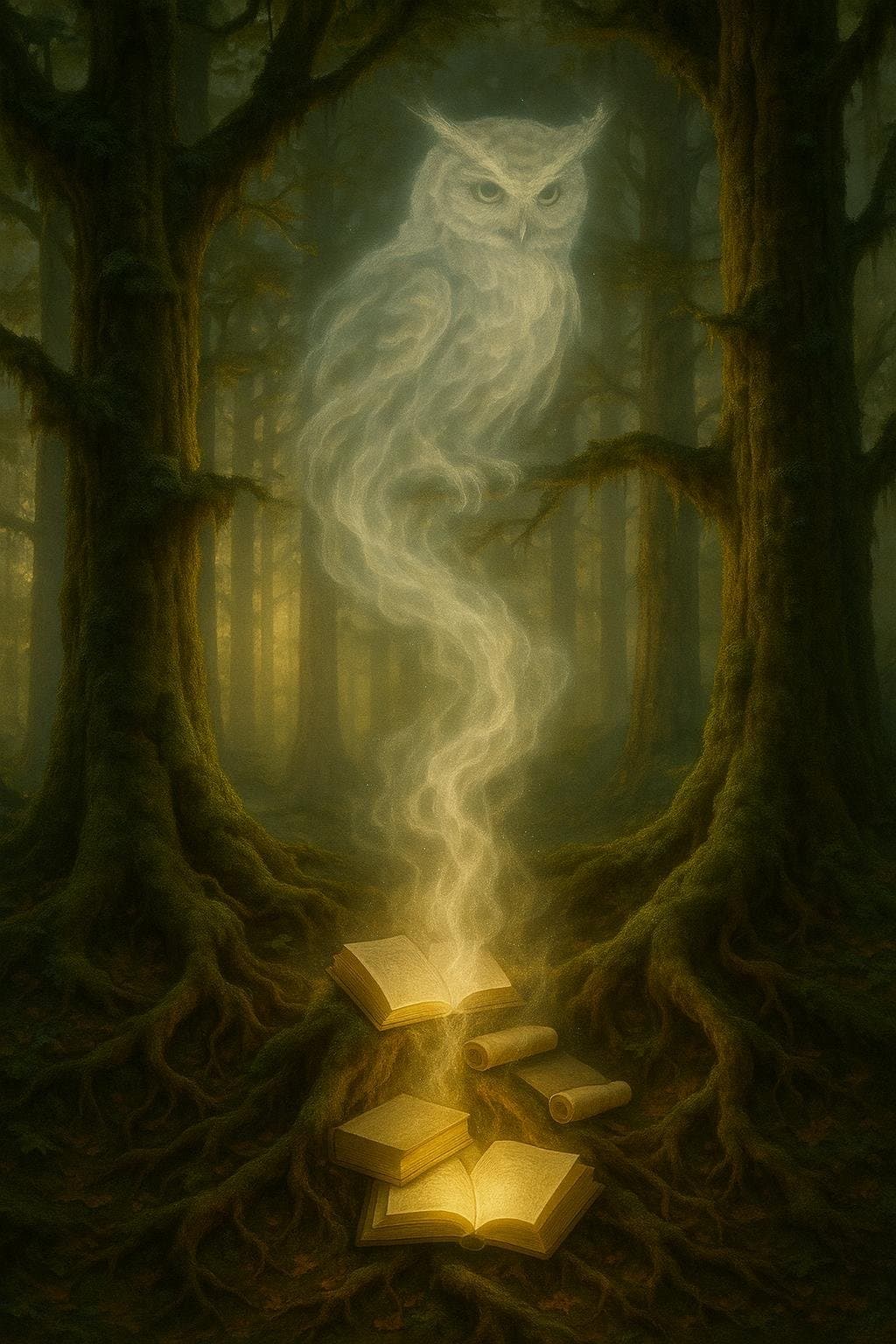The Enduring Nature of Wisdom Beyond Knowledge

Knowledge comes, but wisdom lingers. — Alfred Lord Tennyson
Distinguishing Between Knowledge and Wisdom
Alfred Lord Tennyson’s observation draws a distinct line between two often conflated concepts: knowledge and wisdom. Knowledge refers to the accumulation of facts, information, and skills acquired through experience or education. In contrast, wisdom represents the ability to apply such knowledge judiciously and insightfully. This distinction reminds us that while knowledge is readily acquired, wisdom requires deeper reflection and maturity.
The Temporal Disparity: Swift Knowledge, Slow Wisdom
Delving further, Tennyson highlights the temporal gap inherent in these two pursuits. Knowledge, in our age of rapid information exchange, arrives quickly—often at the click of a button or a swipe on a screen. Wisdom, however, emerges over time, lingering in the background as life offers opportunities to reflect, experiment, and learn from experiences both personal and shared. This temporal disparity points to the patience and perseverance required for wisdom to take root.
Historical Illustrations of Lingering Wisdom
Examining history, figures like Socrates remind us that enduring wisdom often outlasts fleeting knowledge. In Plato’s dialogues (c. 380 BC), Socrates famously claimed to know nothing, yet his probing questions revealed a depth of insight unmatched by those who merely possessed surface-level facts. His legacy demonstrates how wisdom, distilled from experience and contemplation, endures across generations.
Modern Implications in an Age of Information
Transitioning to the modern era, Tennyson’s words are particularly relevant amidst the ‘information overload’ of today. Despite unparalleled access to knowledge, society often struggles to find consensus or make prudent choices. This observation underscores why wisdom—developed through thoughtful discernment, empathy, and ethical consideration—is even more valuable in navigating complex contemporary issues.
Cultivating Wisdom in Everyday Life
Finally, Tennyson’s insight serves as a call to action: while gathering knowledge is essential, cultivating wisdom should be a lifelong pursuit. Embracing humility, seeking counsel, and reflecting on our experiences can foster the lingering presence of wisdom. Ultimately, by valuing both the swift gains of knowledge and the enduring gifts of wisdom, individuals and societies alike can strive for more meaningful progress.